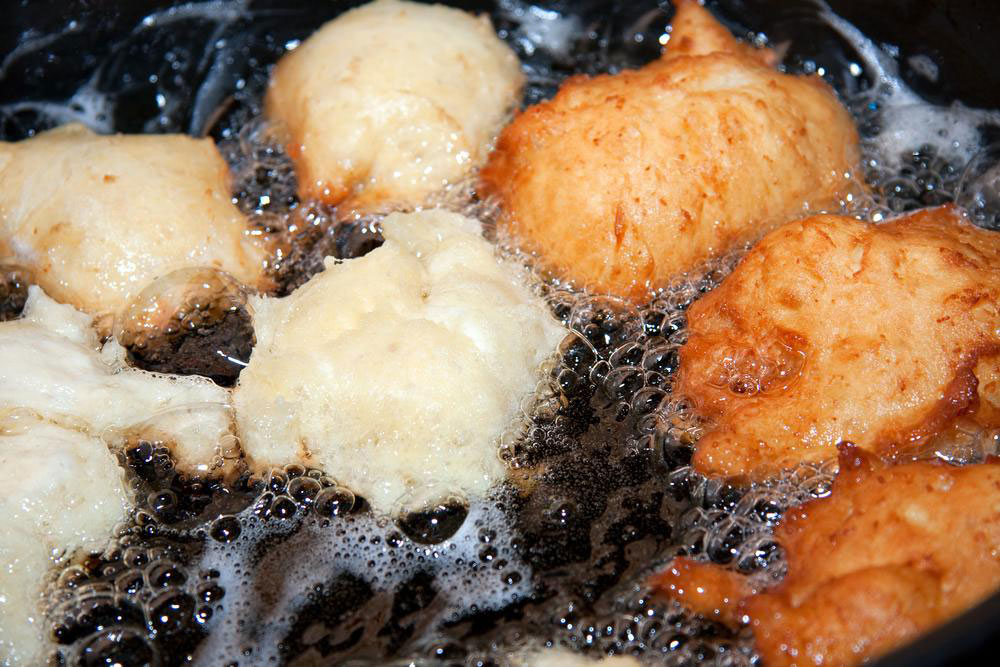7 Foods That May Increase Your Risk of Breast Cancer
No diet or food can prevent or trigger breast cancer immediately. However, what you eat will certainly make a big difference to the risks of developing breast cancer. Getting breast cancer depends on multiple factors like family history, gender, age, etc., that are not in your control. Diet is perhaps one of the factors which you can control and change to minimize the risks of developing breast cancer.
If you have been diagnosed with breast cancer already, you may want to know which foods to avoid to ensure that cancer does not grow further or relapse after you recover.

There has been plenty of research on breast cancer and there are some helpful guidelines which can benefit patients. You need to stay healthy after treatment by controlling your body weight, exercising regularly, and eating the right kind of foods to cut down risks of cancer relapse.
There is no magic diet to eliminate the risks of breast cancer. However, breast cancer survivors need to eat more vegetables, whole grains, fresh fruits, fish, and chicken. Listed below are the foods you should avoid if you already have breast cancer, or want to prevent it from occurring.
Alcohol
Studies have found a probable connection between increased risks of breast cancer and regular alcohol consumption. According to reports, alcohol tends to elevate the estrogen levels; this damages the DNA. Women who drink three alcoholic drinks every week increase their risks of developing breast cancer by almost 15%.
Sugar
In a research conducted on mice, it was seen that when the mice were given foods rich in sugar, they developed tumors in the mammary gland, which are similar to breast cancer tumors in human beings.
Fats
All fats are not unhealthy but you should avoid fatty processed foods as these increase the risks of breast cancer. Premade meals and processed foods such as doughnuts, crackers, fried foods, cookies, and pastries typically contain trans-fats.
Red meat
Some studies reveal a possible link between increased risks of breast cancer and the consumption of red meat. Processed meats or cold cuts are high in sodium content, fats, and preservatives. None of these components are desirable for people at risk of breast cancer.
Dairy products
It is better to stay away from butter, cream, and whole milk if you are undergoing treatment for breast cancer.
Sweetened foods
Cakes, cookies, sodas, candies, or any other sugary treats will make you gain a lot of weight. This also makes it difficult to accommodate the necessary nutritious and wholesome foods.
Undercooked food
If you are undergoing treatment for breast cancer, your white blood cell count is likely to fall. Without sufficient immune-fighting cells, your body becomes more susceptible to infections. So, it is advisable to avoid raw and undercooked foods like oysters and sushi. You must cook poultry, fish, and meats at optimum temperatures before consuming them.


